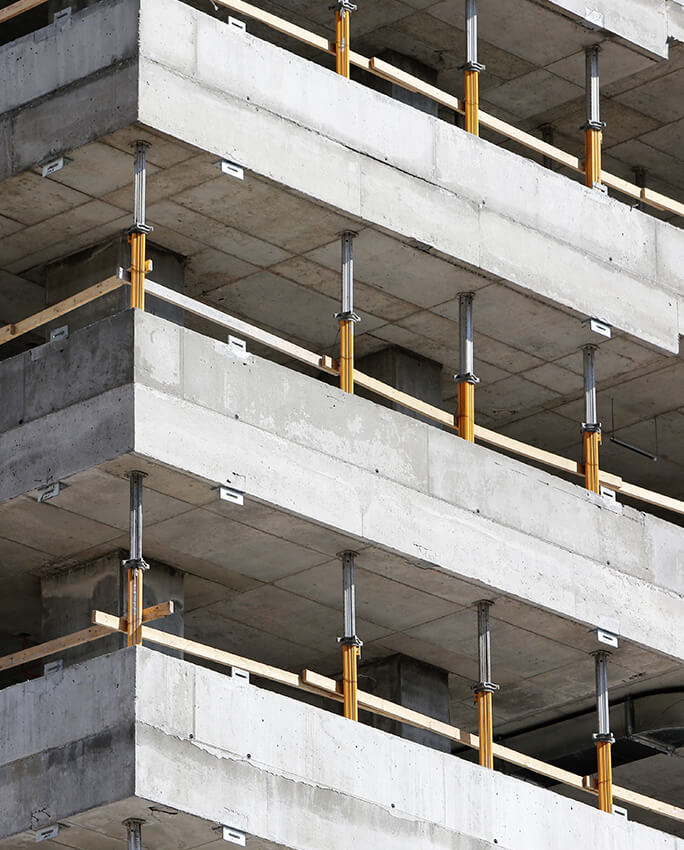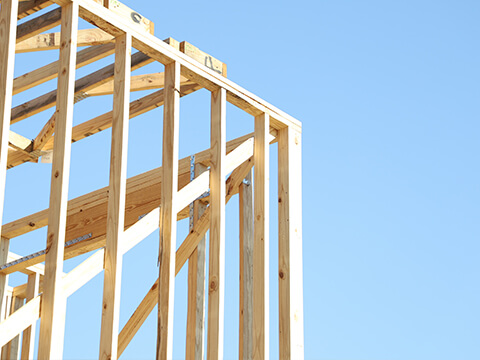 A Property Condition Assessment (PCA) governed by the ASTM E2018 – 15 should be your first reading for standard guidelines on detailing the conditions of a building for potential investment value. These PCAs are internationally accepted with the inclusion of a licensed engineer’s signature. Structural engineers can provide the overall evaluation needed.
A Property Condition Assessment (PCA) governed by the ASTM E2018 – 15 should be your first reading for standard guidelines on detailing the conditions of a building for potential investment value. These PCAs are internationally accepted with the inclusion of a licensed engineer’s signature. Structural engineers can provide the overall evaluation needed.
A Major Step in Purchasing a Commercial Building
Structural engineers assigned to complete commercial property assessments for a potential purchase can also be licensed as a civil engineer. The structural designation is a specific component within the study of civil engineering. Other engineers to consider as a part of your assessment are mechanical or electrical professionals based on the building’s repair and/or maintenance needs. The guidelines for assessment are based on the same standards.
American Society for Testing Materials (ASTM) is an internationally recognized non-profit organization initially founded in 1898 to address the issue of rail breaks in the newly developed railroad industry. Since its inception, ATSM’s standards have been adopted as a reference for local, state, federal and worldwide standards. Only recently in 2001 was the tagline “Standards Worldwide” added to its description. Its membership is open to all who are interested in its industry practices. The scope of ASTM’s creation of standards is not just confined to assessing commercial buildings. Testing standards for materials, products, systems, and services are within its range of guidelines. The ASTM E2018 – 15 is a specific title designation which lists the standard for commercial property assessments.
Although ASTM is not a regulator for these standards, the federal government has been known to include and/or consider its reports as an authority on such issues.
Property Commercial Assessment (PCA) involves a detailed report of the condition and repair value of a building. The final report includes such details as roofing, plumbing, electrical, HVAC systems, the overall structure of the building, and an external evaluation of such aspects as the pavement, sidewalk, and landscaping. The importance of this report can be defined by its use at the bargaining table for overall value assessment of the inspected property.
The Bargaining Table
When including the Immediate Repairs Table (repair upon purchase) and the Replacement Reserve Table (future maintenance) found within a PCA report, the numbers or approval of a loan request can change dramatically. The lender’s interest would involve the ability of the buyer to maintain the property and make loan payments. The overall value of reselling the property in the event of loan default can be assessed with the Immediate Repairs and Replacement Reserve Tables. Prior to loan approval, the buyer’s advantage at the bargaining table gains traction with a PCA report in hand. This report can confirm the purchase price requested or legitimize the counteroffer based on immediate repairs and future maintenance assessment.
A lender’s decision to approve a loan is highly affected by the assessment of the commercial property evaluated. A licensed structural engineer is not negotiable. Nor are the standards by which a professional evaluator is expected to adhere to as the property is assessed for a value much like the inspection required for the home buyer. Submitting a PCA to a lender implies guidelines were acknowledged and an informed decision can be guaranteed.
The structural engineer entrusted to provide important details outlining the conditions of commercial real estate should deliver your report with the same understanding.






